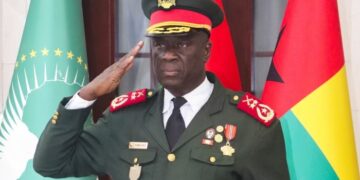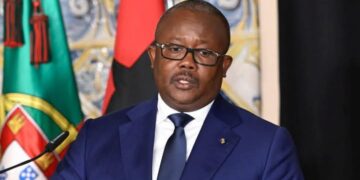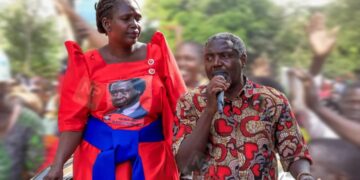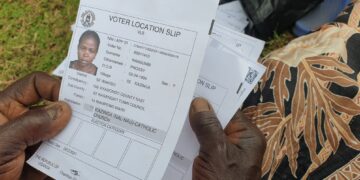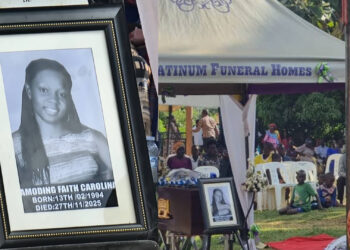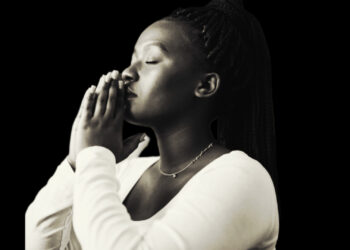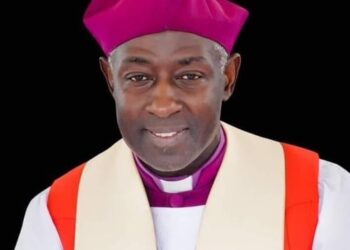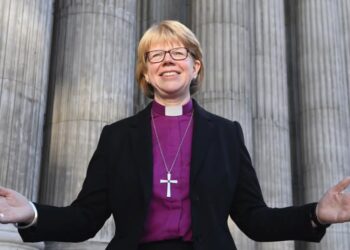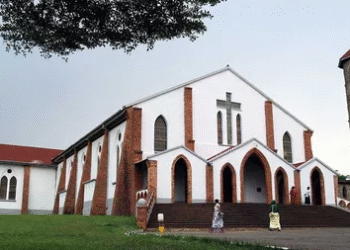By Isaac Akugizibwe
RELIGION
As the world awaits the selection of the next pope following the death of Pope Francis on Easter Monday, many are wondering whether the leader of the Roman Catholic Church could finally come from Africa after centuries of anticipation.
The decision will be made by the College of Cardinals when they convene in conclave at 4:30 p.m. on May 7 in the Sistine Chapel, a tradition dating back to the 15th century.
A total of 133 cardinals under the age of 80 are eligible to vote. They will deliberate and cast ballots in successive rounds until one candidate receives a two-thirds majority.
For the first time in history, fewer than half of the voting cardinals are European,a shift that gives new hope to African Catholics. Among the leading African contenders are Cardinal Peter Kodwo Appiah Turkson, 76, of Ghana; Cardinal Fridolin Ambongo Besungu, 65, of the Democratic Republic of Congo; and Cardinal Robert Sarah, 67, of Guinea.
While it may seem unprecedented, history shows that Africa has already produced three popes, though their legacies are often overlooked or disputed due to unclear ethnic origins and geographic details.
Pope Victor I (c. 189–199 A.D.): Born in the Roman province of Africa, likely in modern-day Libya or Tunisia, Victor I was the first known African pope. He is remembered for promoting Latin in church services and for establishing the tradition of celebrating Easter on a Sunday.
Pope Miltiades (c. 311–314 A.D.): Also known as Melchiades, he served during a critical period following the legalization of Christianity through the Edict of Milan. He received the Lateran Palace from Emperor Constantine, which later became the papal residence.
Pope Gelasius I (c. 492–496 A.D.): Born in Rome to African parents believed to be from modern-day Algeria, Gelasius I was a prolific writer and a strong advocate for the primacy of the papacy. He is also known for opposing pagan traditions and reinforcing the separation of church and state. His feast day is observed on Nov. 21.
Despite their contributions, the African heritage of these early popes is often downplayed or debated, with some historians citing unclear or mixed ancestry.
Today, 16 African cardinals are eligible to participate in the conclave. As anticipation builds, many African Catholics are hopeful that the next pope will mark the end of a long and symbolic wait.















